Experts predict it to be a bumper year for colds and viral infections as we head into the winter. We are suddenly being exposed to many contagious illnesses that our immune systems haven’t needed to deal with over the last couple of years.
Already, a lot of us have come down with an illness. For athletes, this poses the problem of how and when you start to get back into full training.
Taking time off is one of the most frustrating things when you’ve built up a really strong fitness base, and returning to training when you’re not able to perform at the level you once were is disheartening.
But there are certain things we can do to give ourselves the best chance of recovering quickly so we limit fitness losses and can get back to full training as quickly as possible.
Rest Like A Pro
Ultimately, the best way to get over an illness is to rest up and let your body focus its full attention on fighting off the infection. That isn’t always the news we want to hear as athletes, but it’s true.
The best athletes are usually very good at recovering. Lots of good quality sleep, plenty of fluids and keeping your stress levels to a minimum will all help you to get over an illness as quickly as possible.
Use The Below The Neck Rule
It’s often hard to know whether you have an illness you can train through or whether you should take time off. Similarly, if feeling unwell does cause you to stop, it’s difficult to know when to resume training again.
As a guide, the ‘below the neck’ rule is a good way to gauge when you should start up again. Basically, if your symptoms are a mild sore throat and a head cold, then sensible light training probably won’t do you any harm.
But if you’re experiencing a chesty cough or breathing difficulties, it’s best to avoid training completely.
Maintain Good Nutrition
Some people like to indulge in junk food when they’re ill as a sort of pick-me-up, but this is arguably when your body needs to be fueled the most.
If you are able to train through an illness, make sure you eat plenty of carbohydrates before and after your sessions. This will limit the weakening effect on your immune system that takes place following exercise.
It’s also important to maintain a vitamin-rich, varied diet to support immune responses, and consider the consumption of probiotics either through supplements or by eating foods such as yoghurt or kefir.

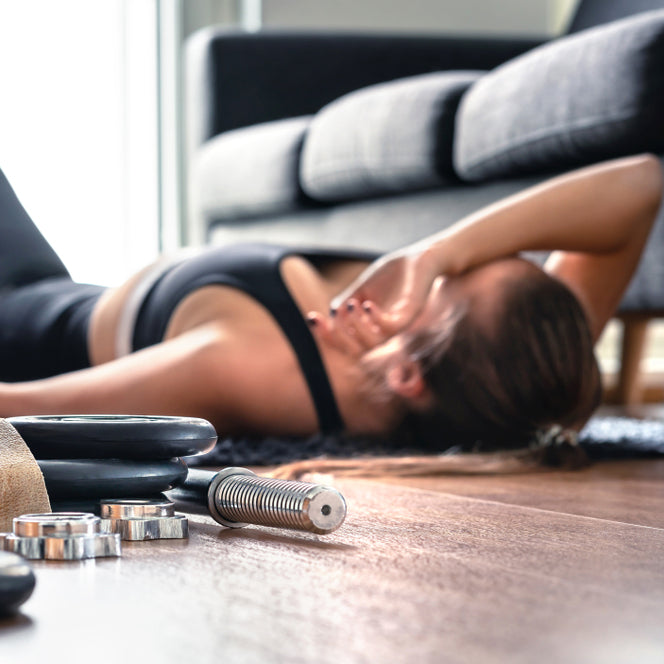

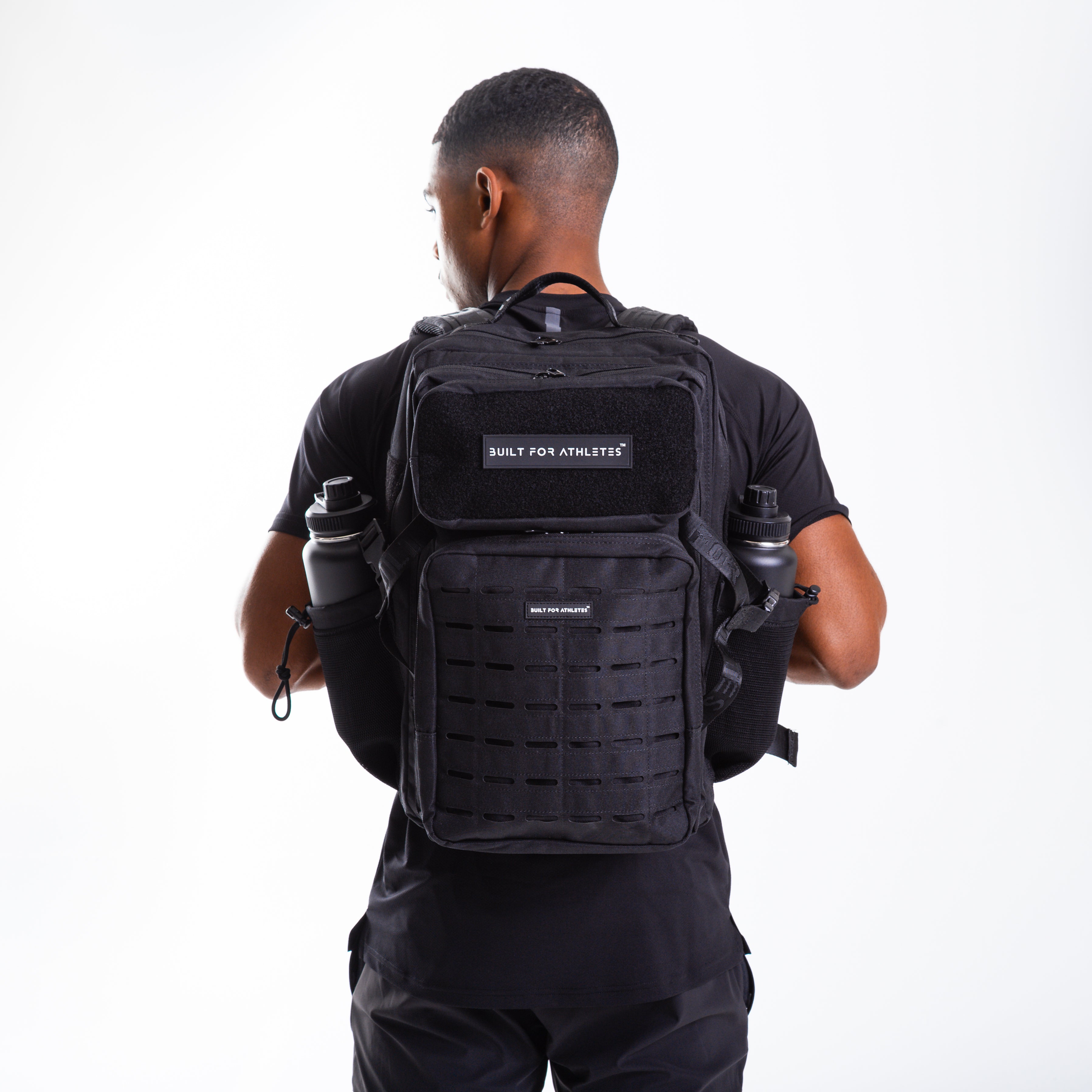
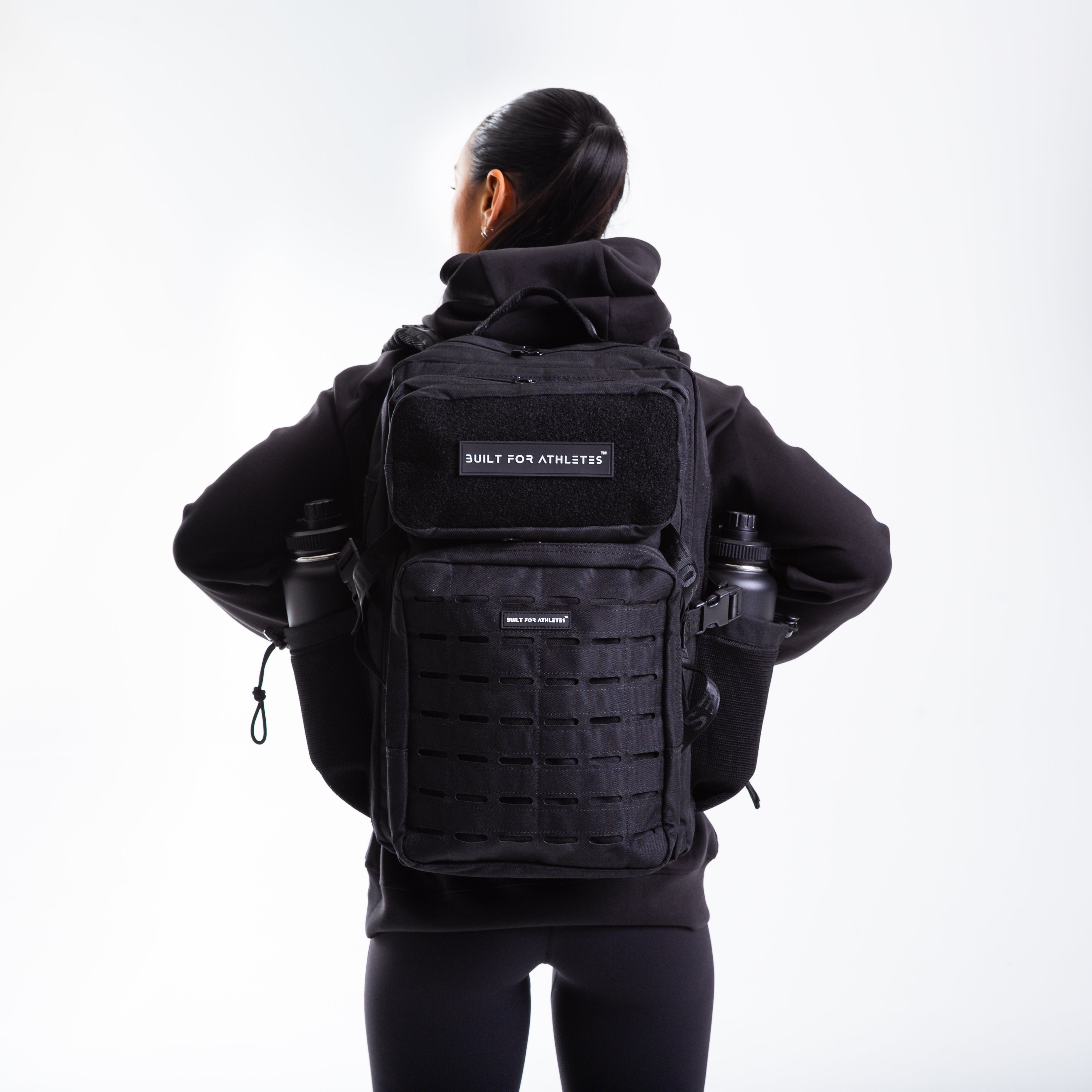
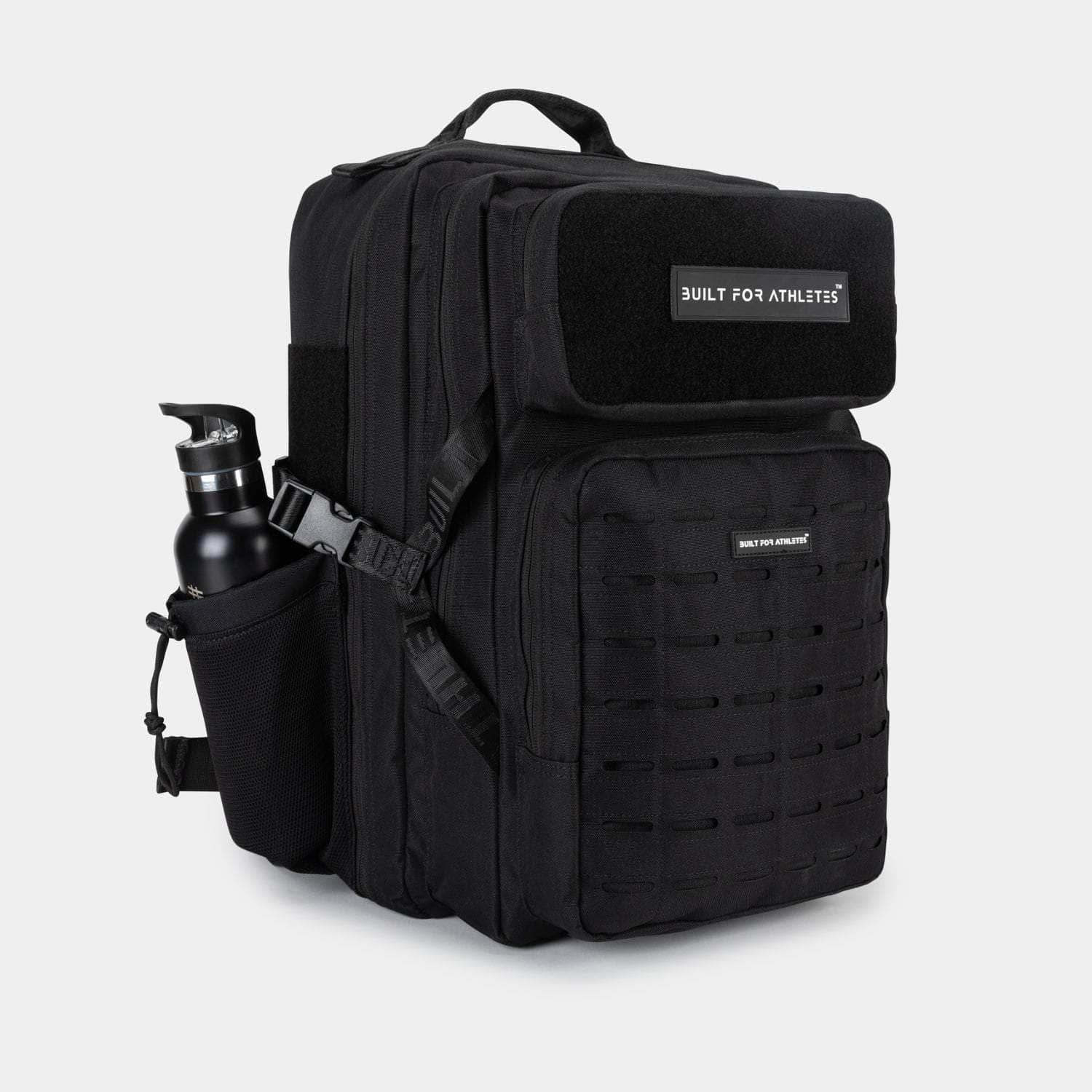






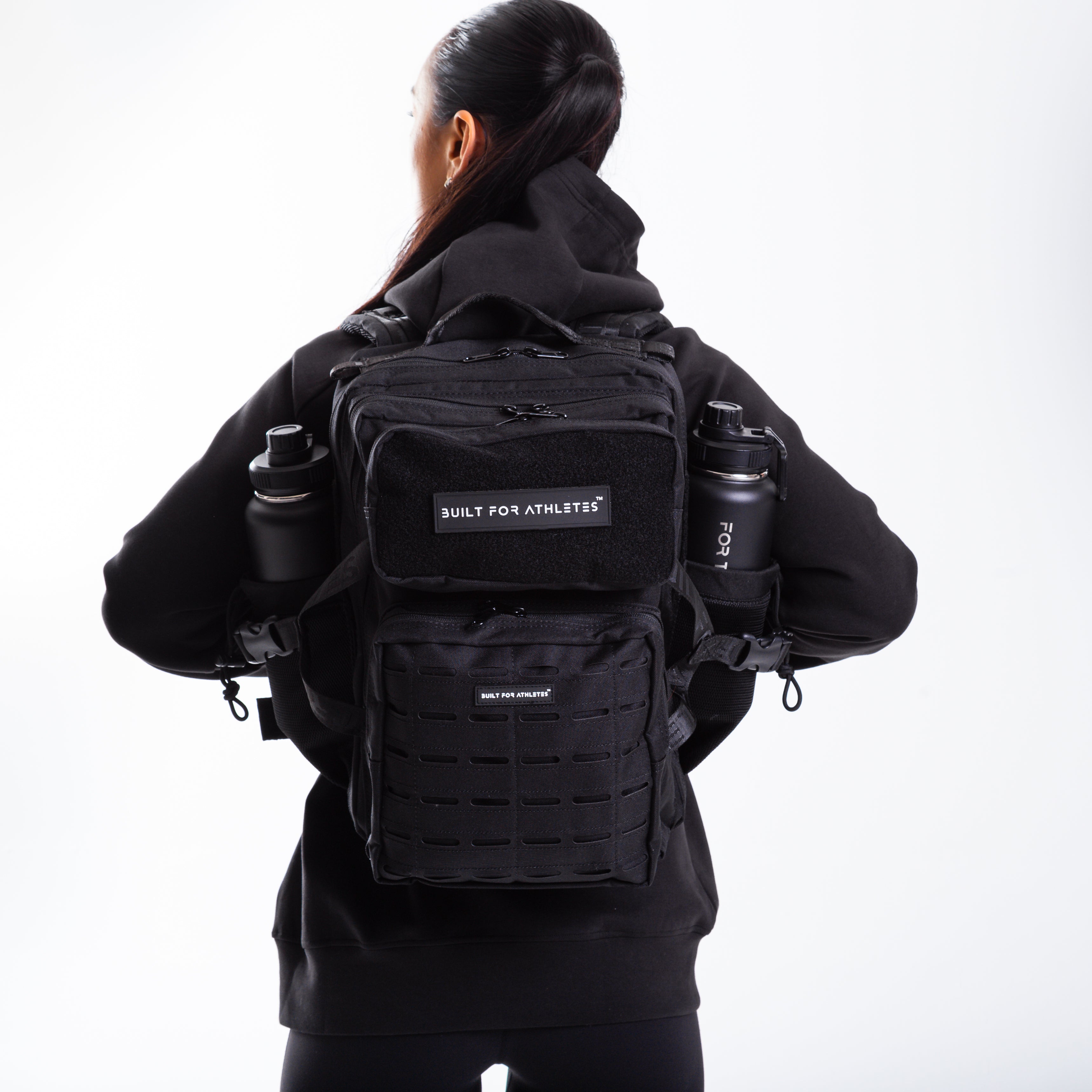
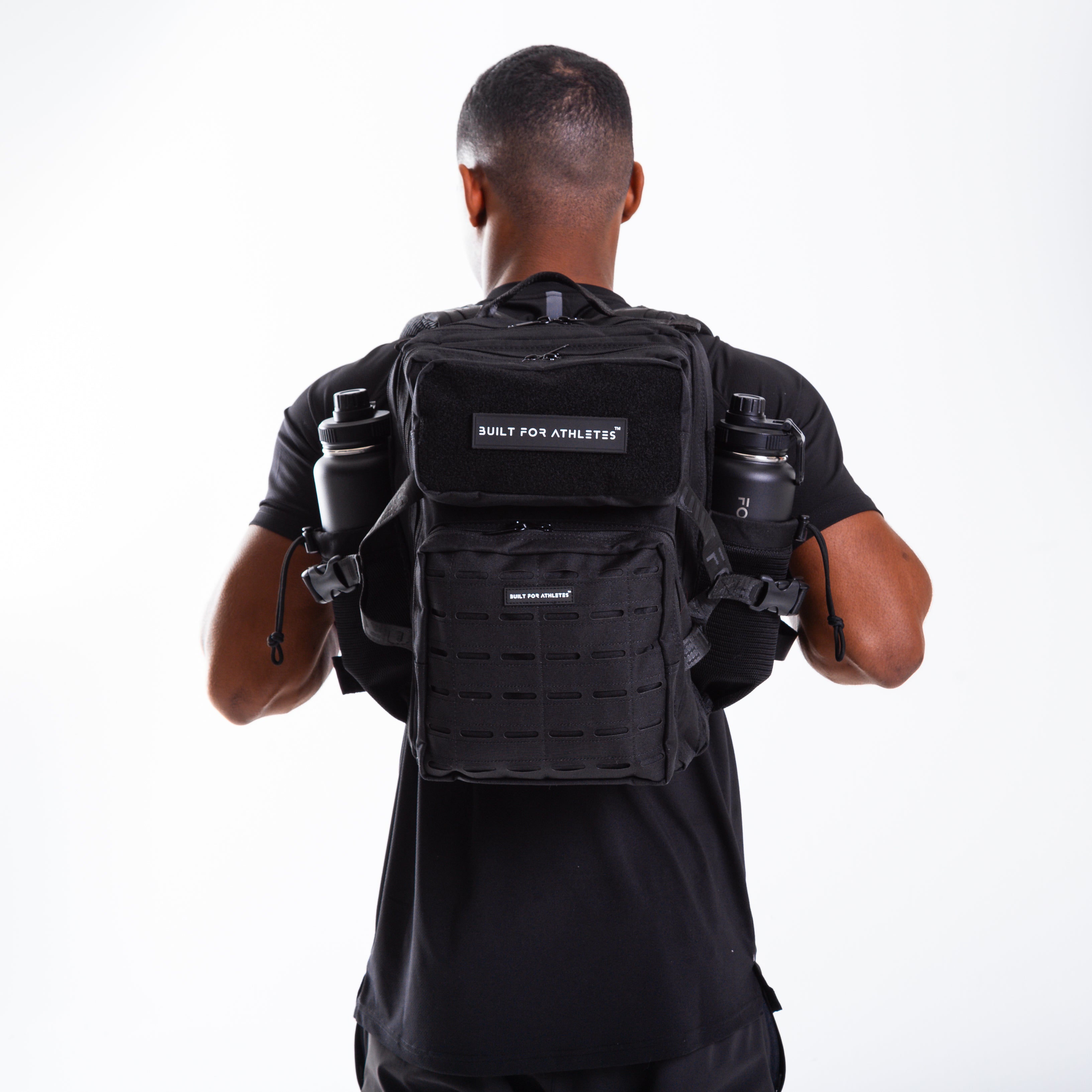
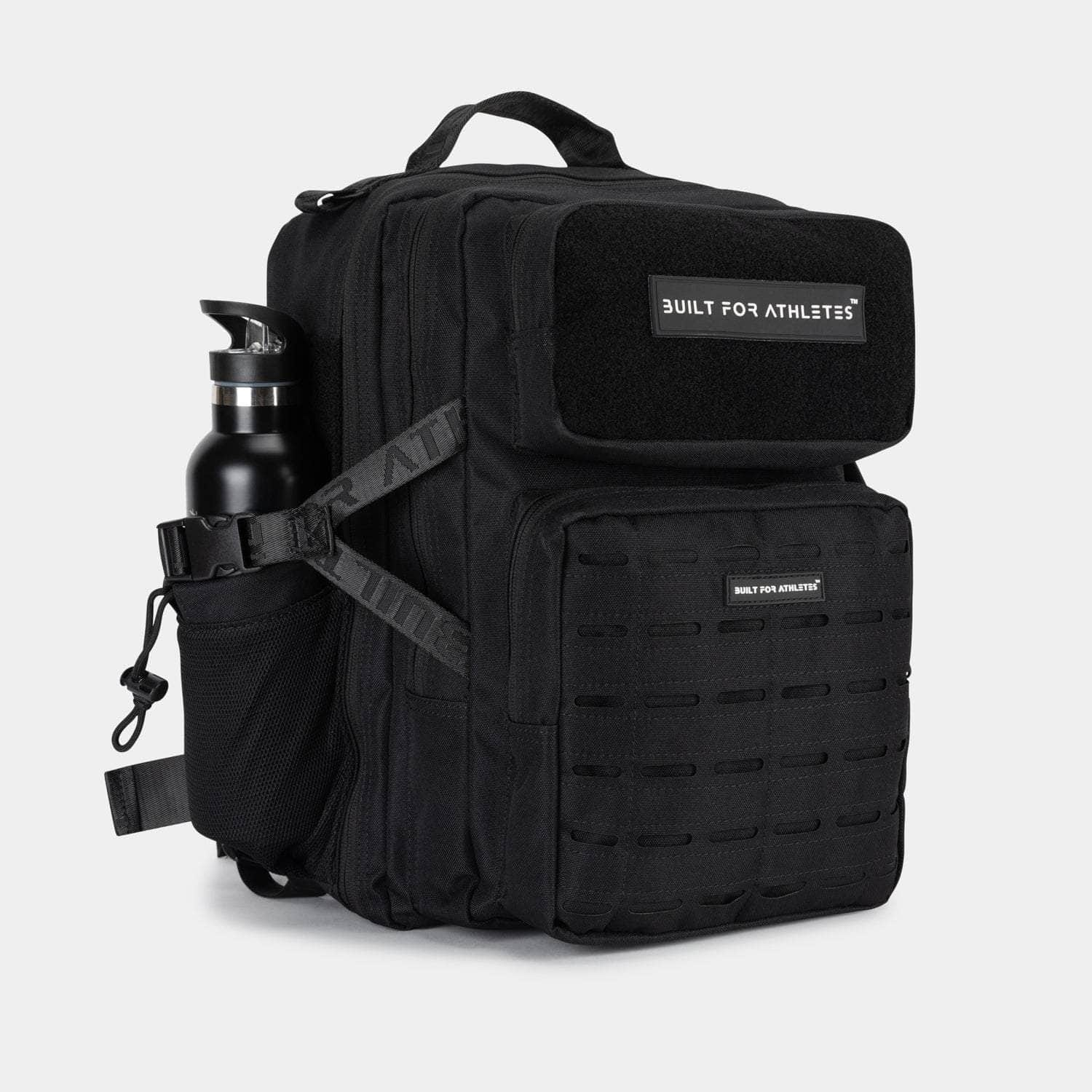




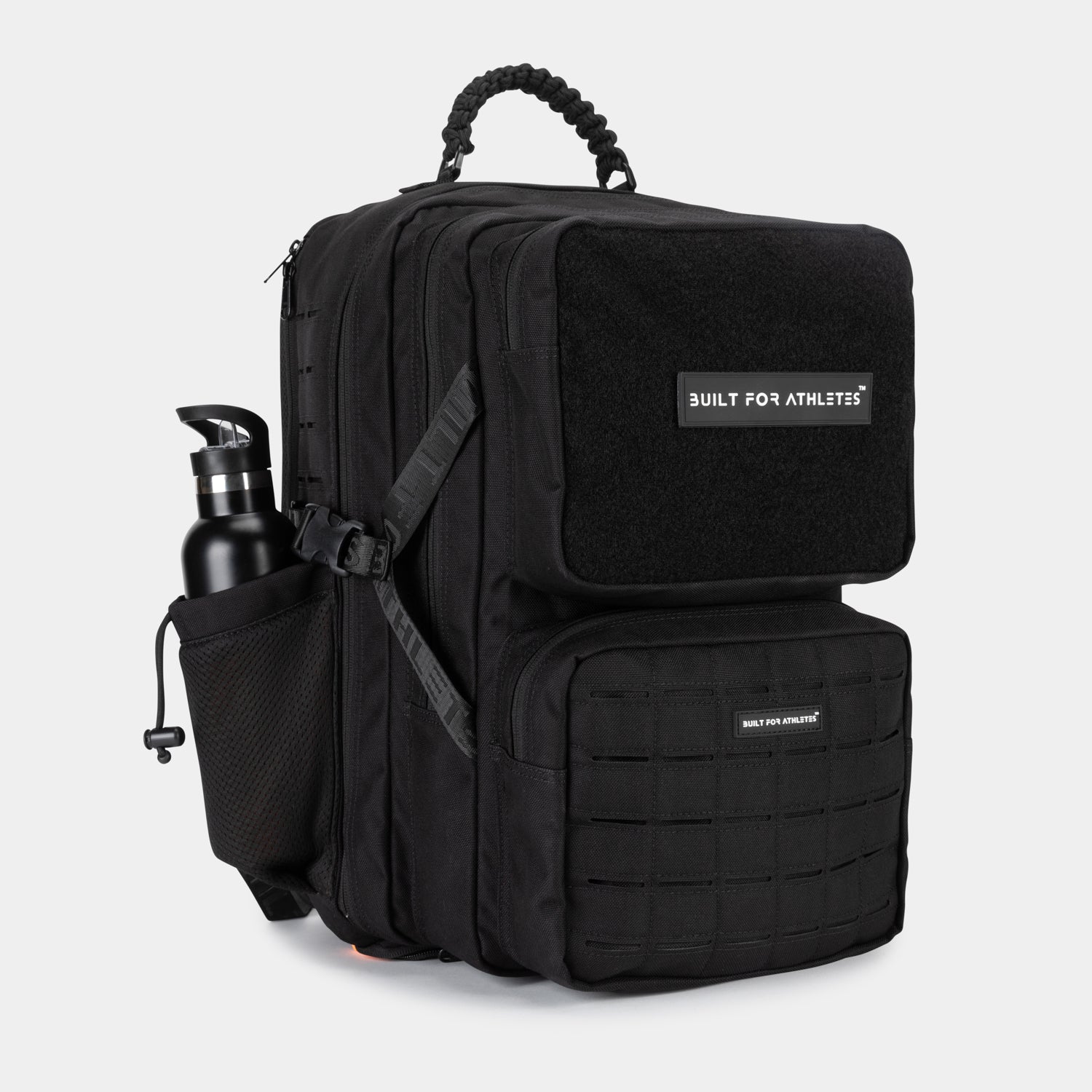

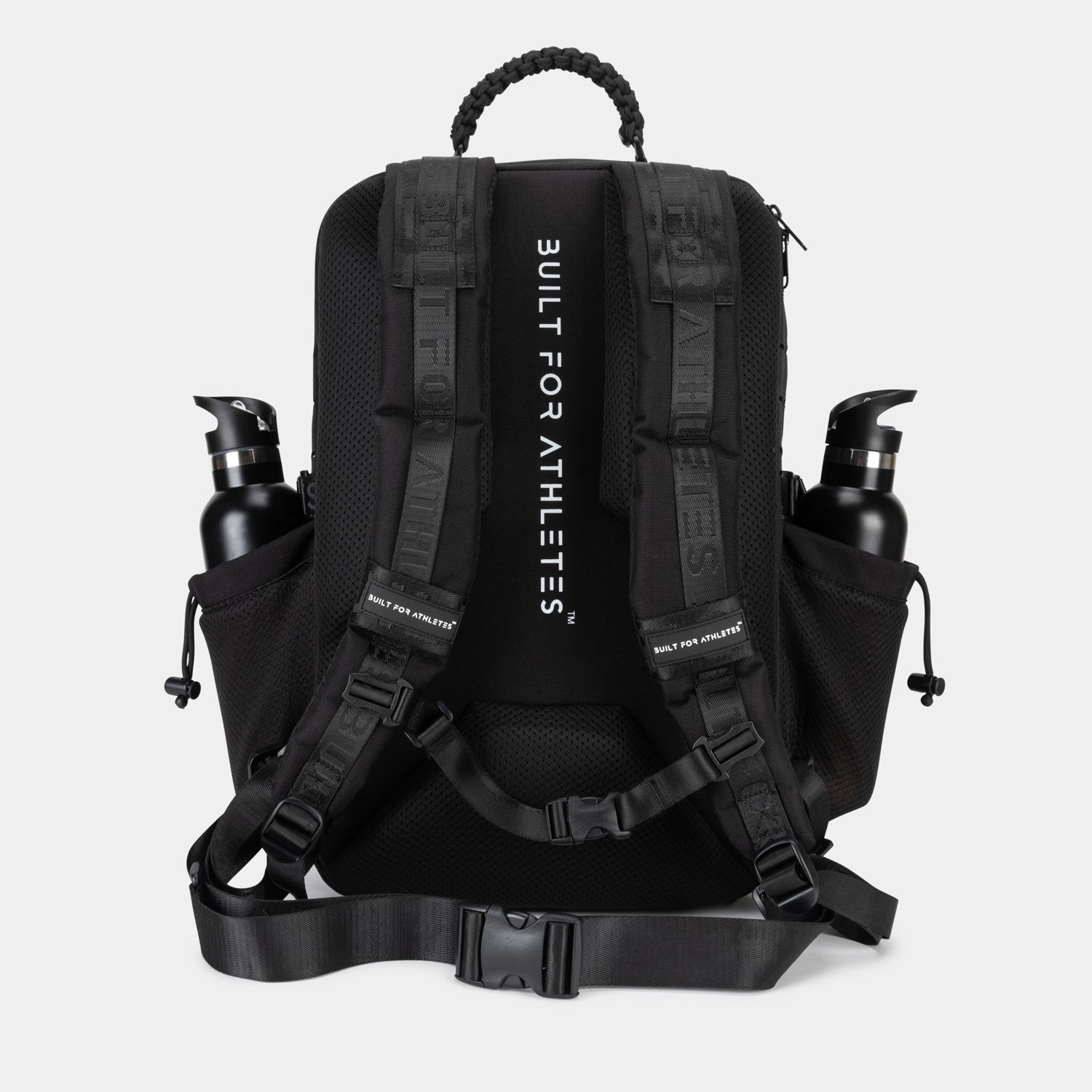








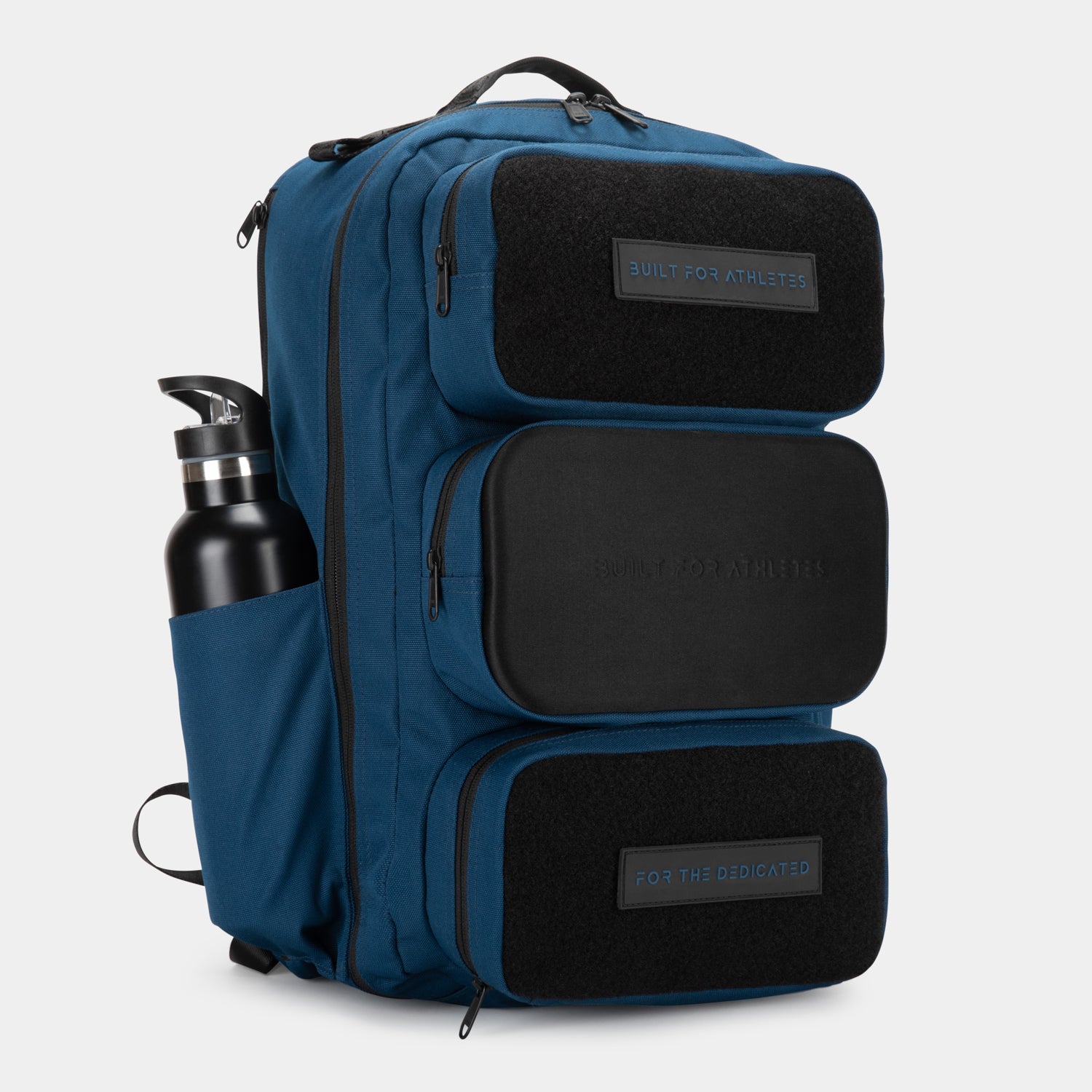

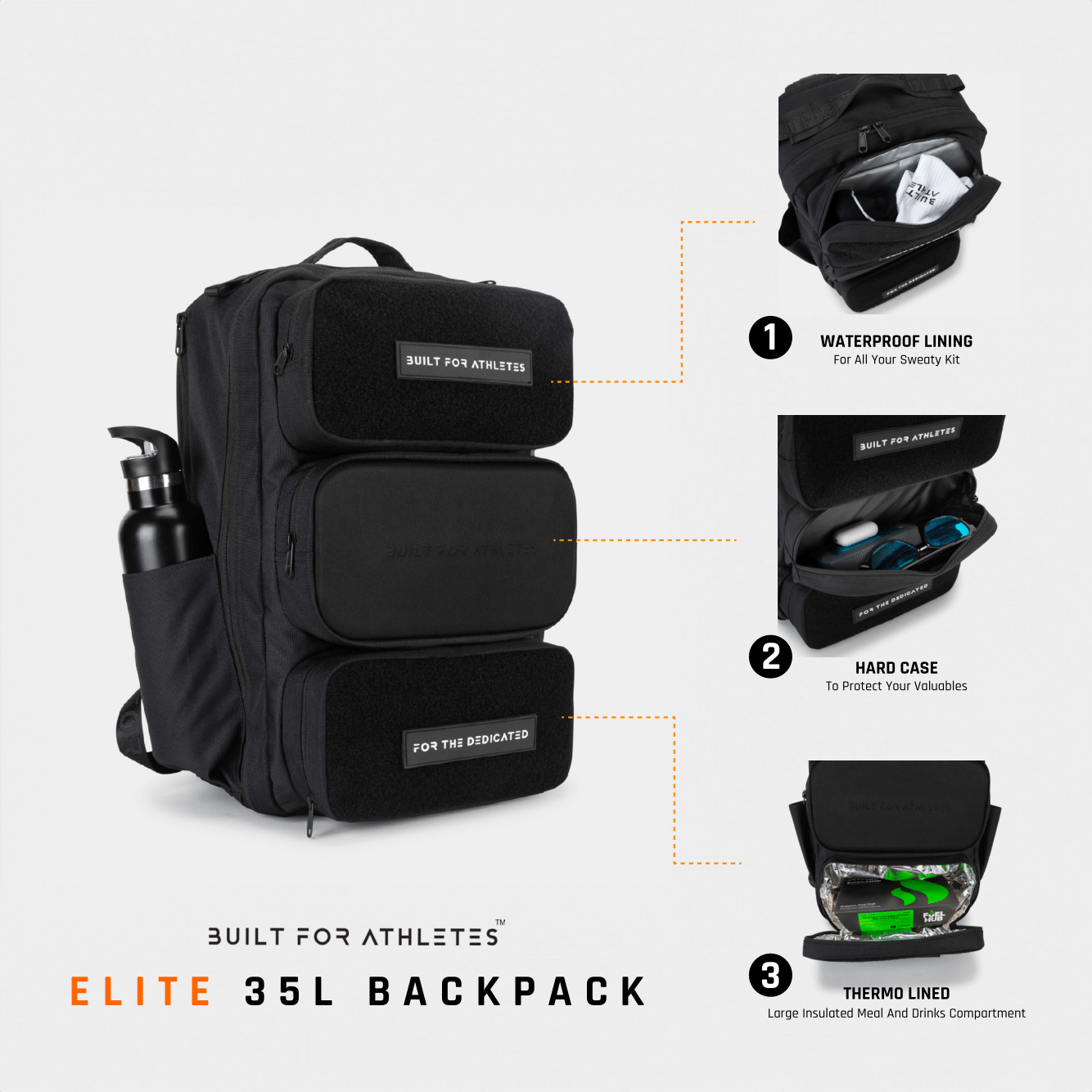




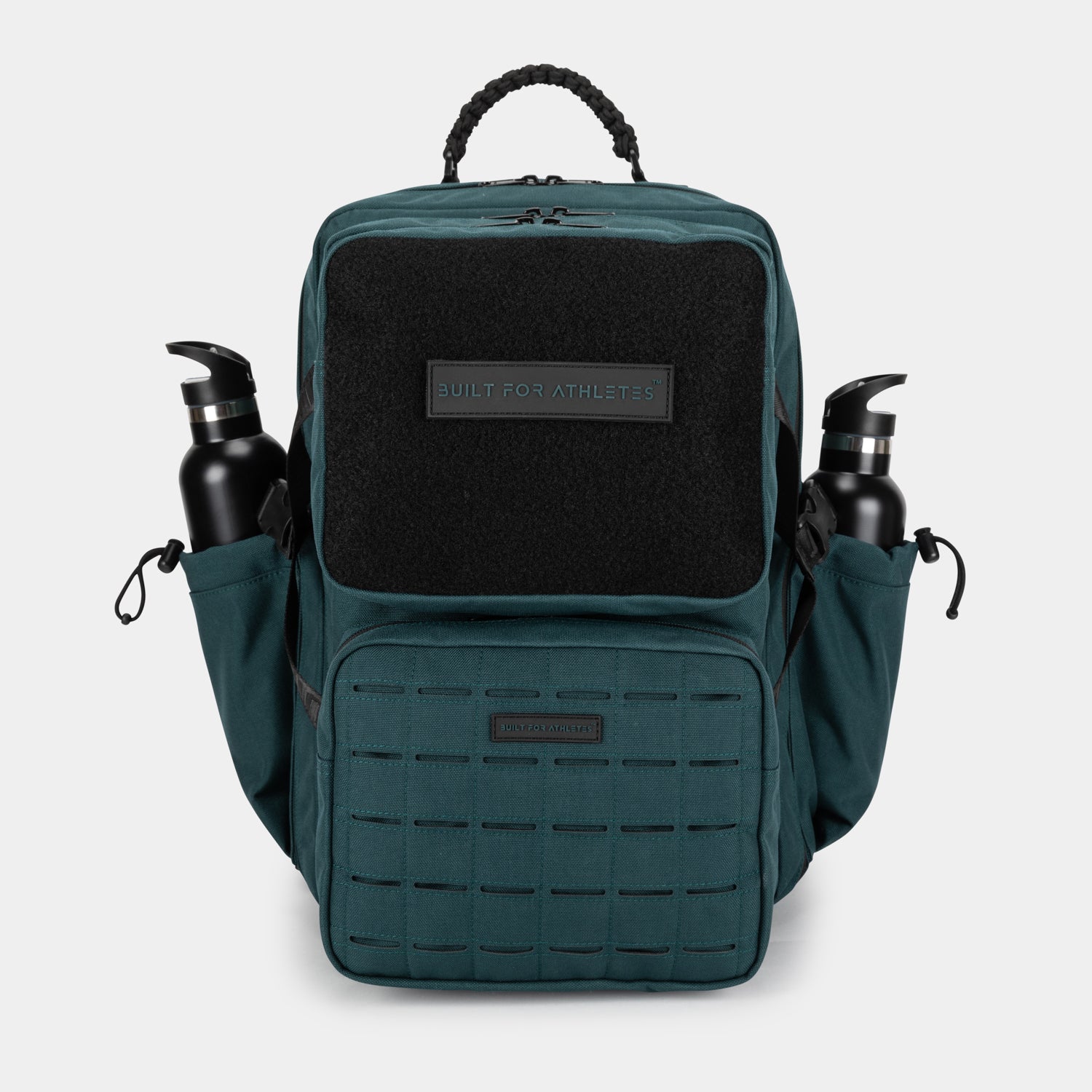
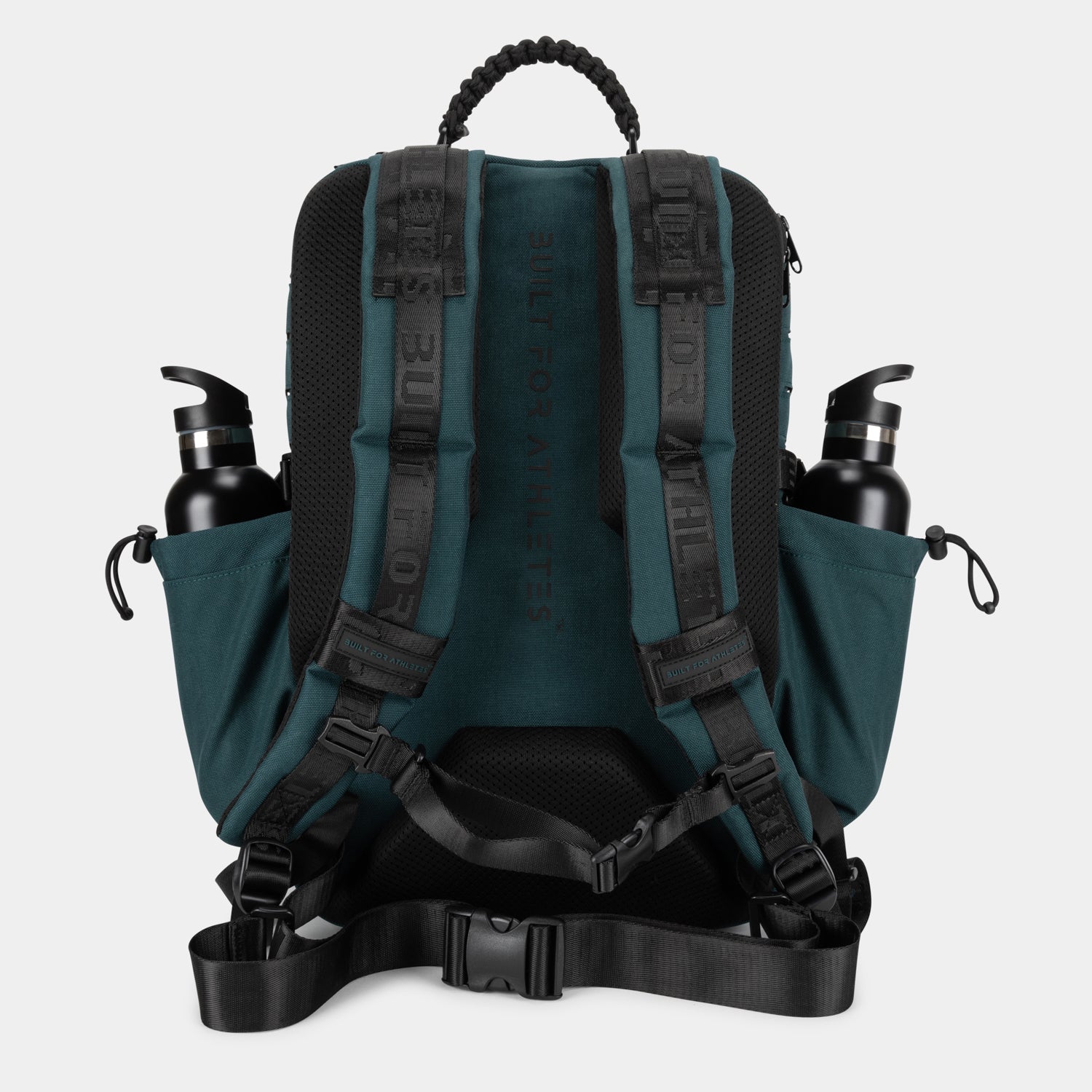
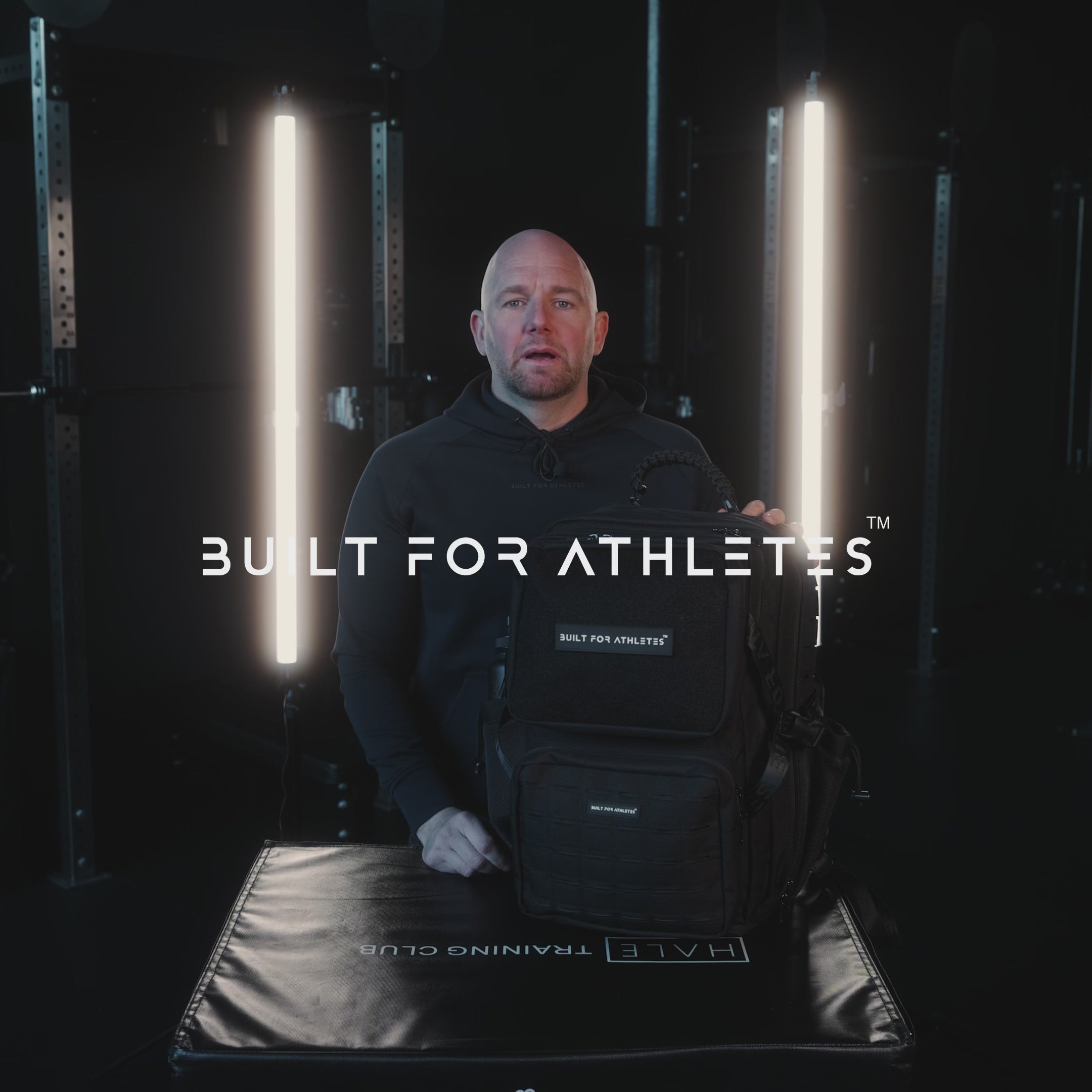
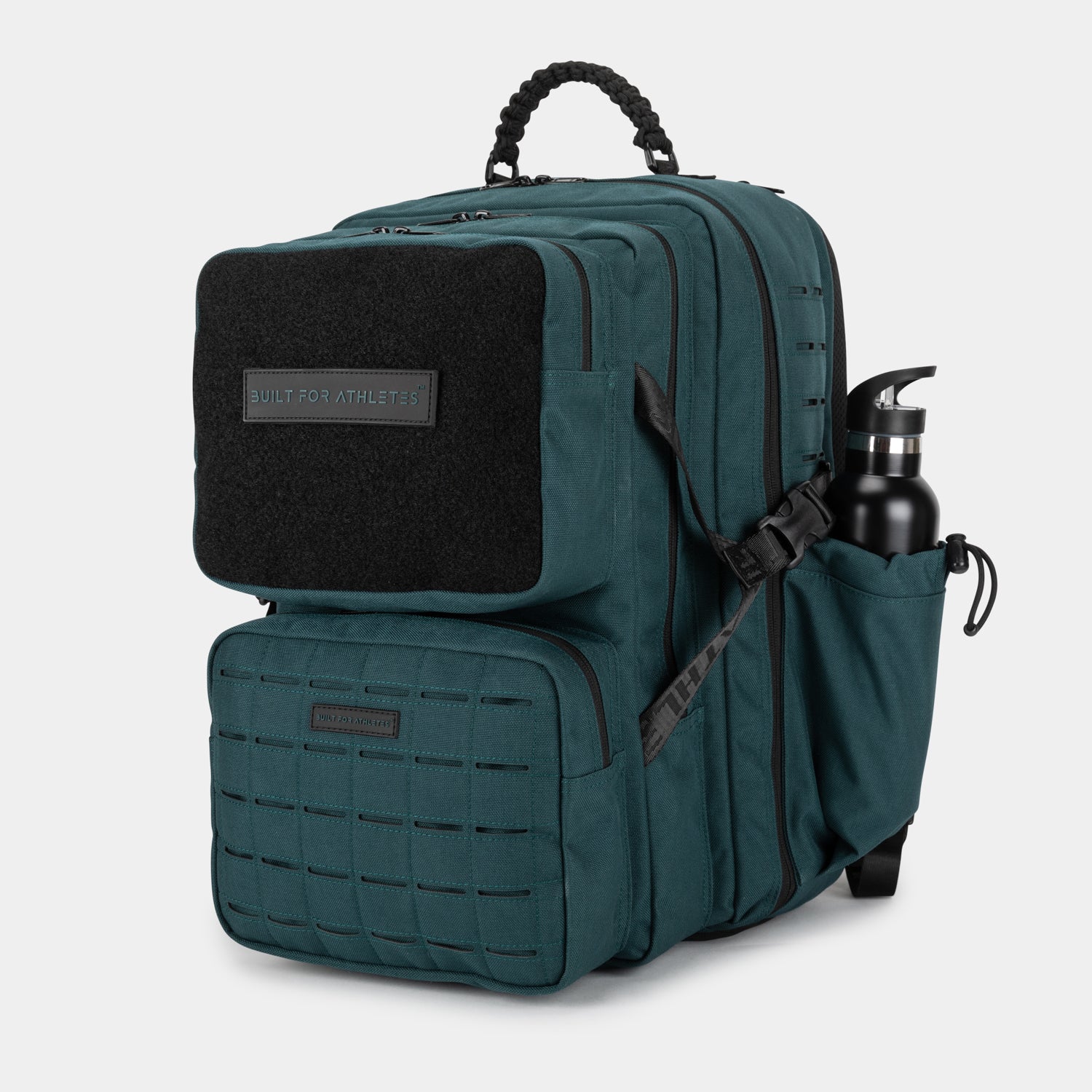


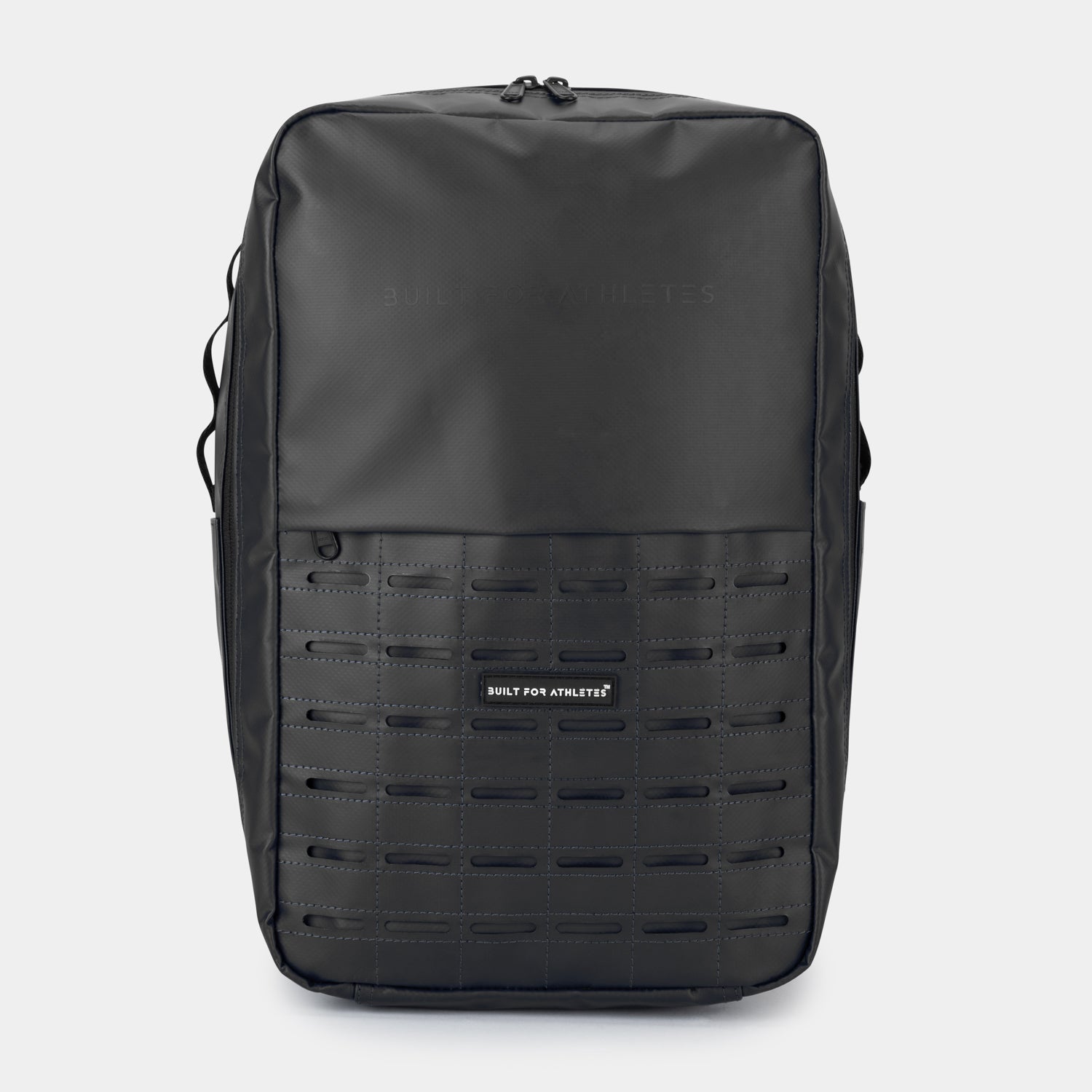
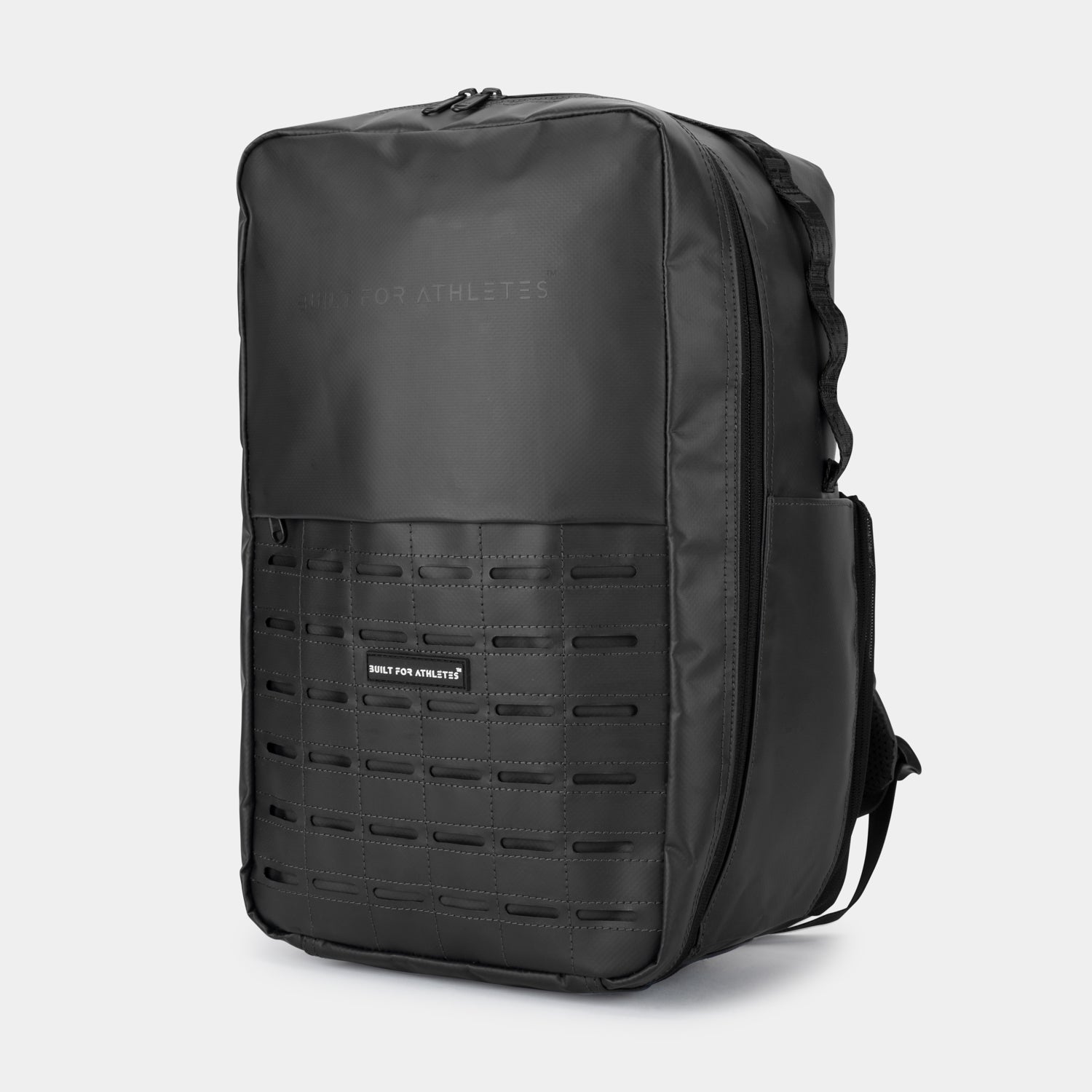
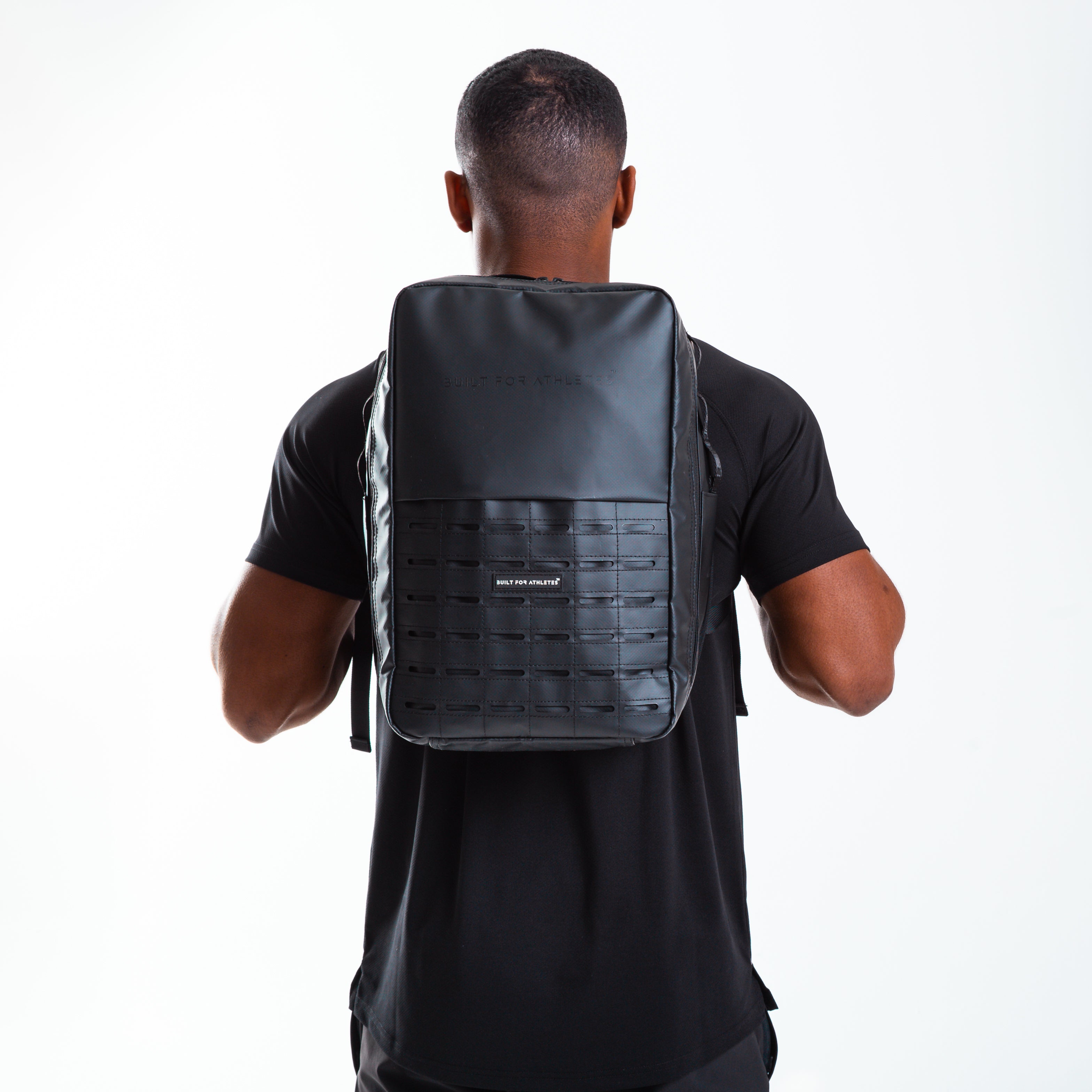





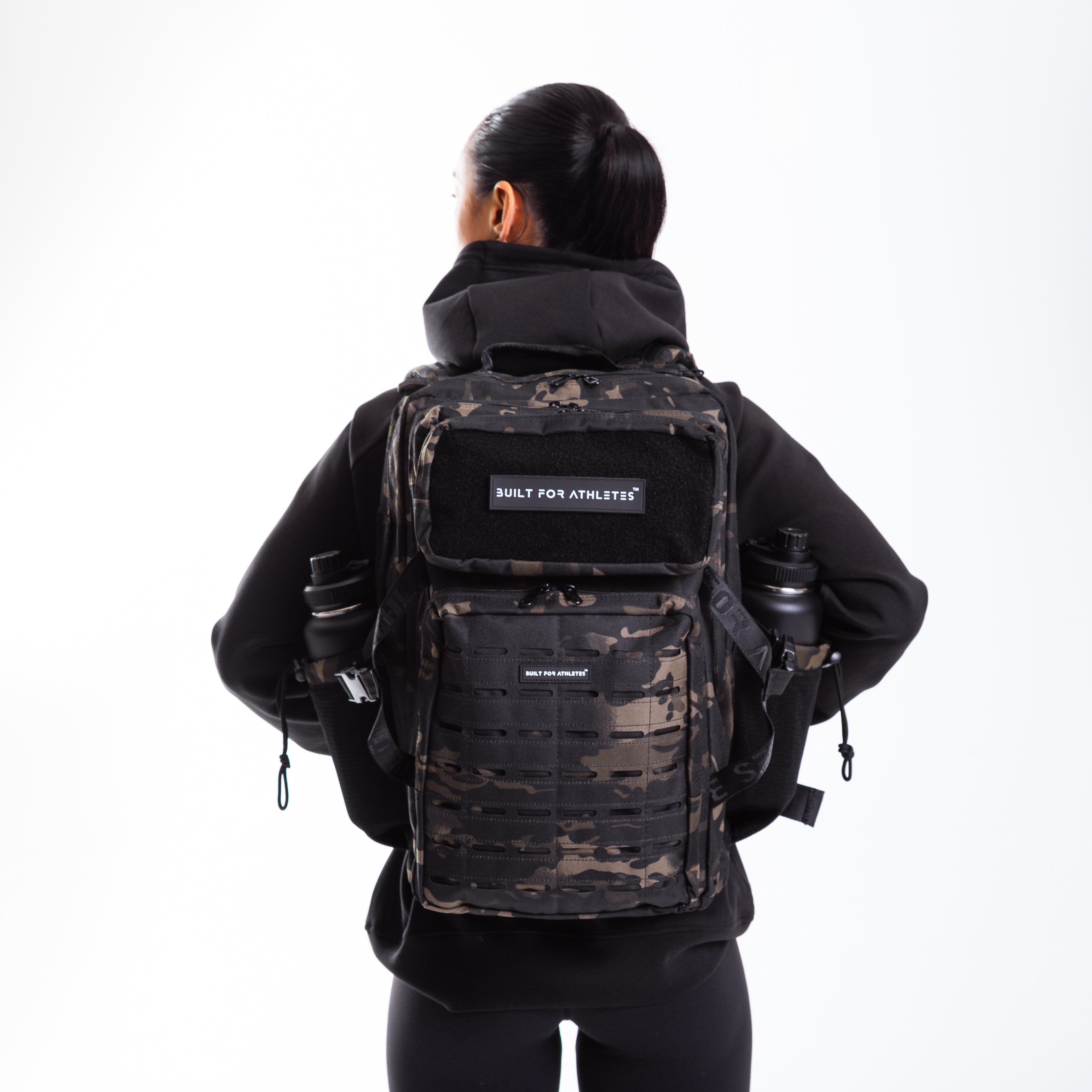

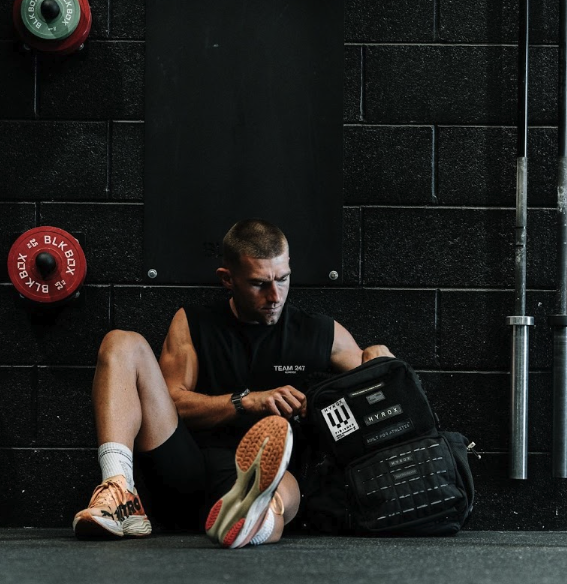
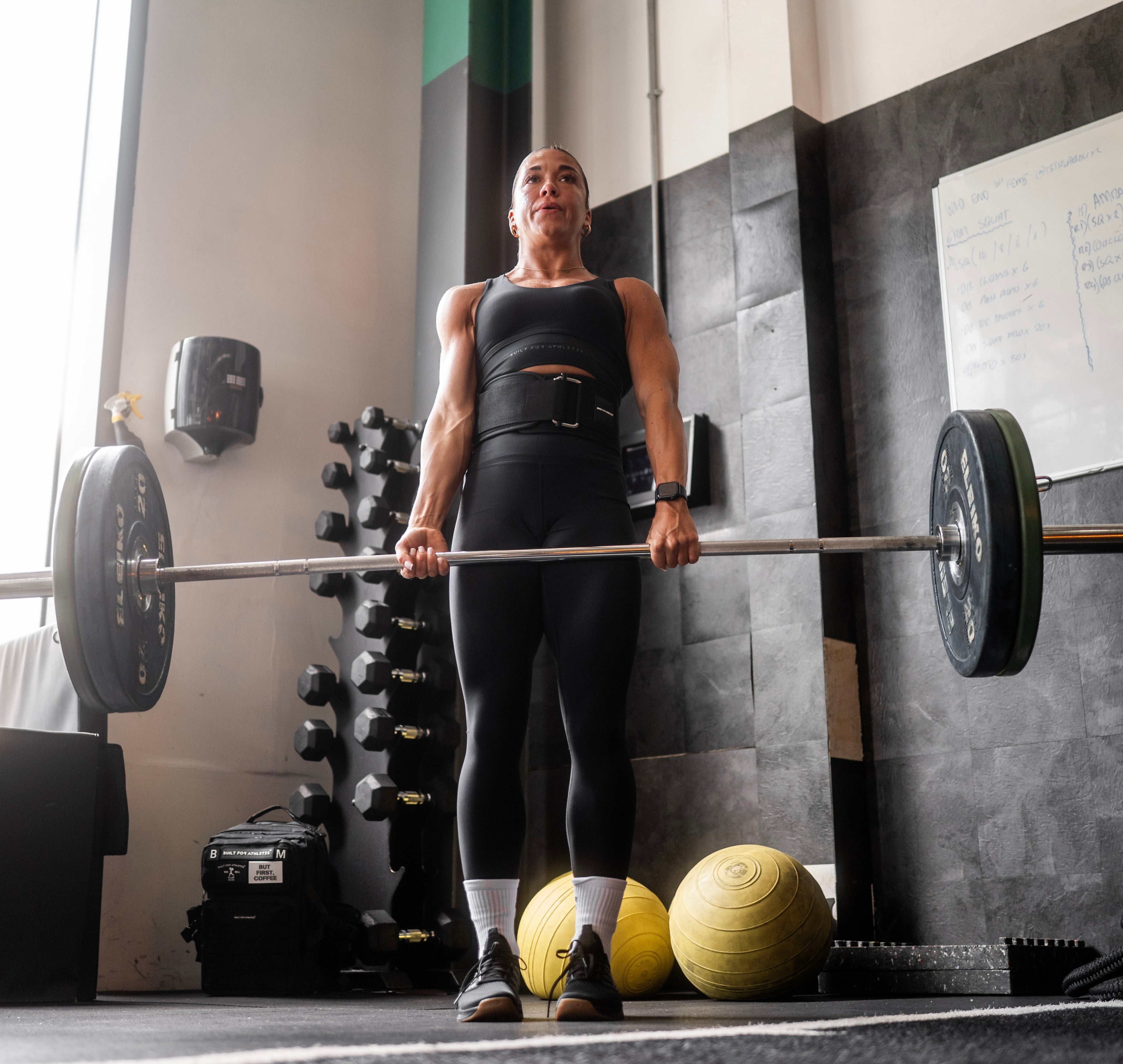
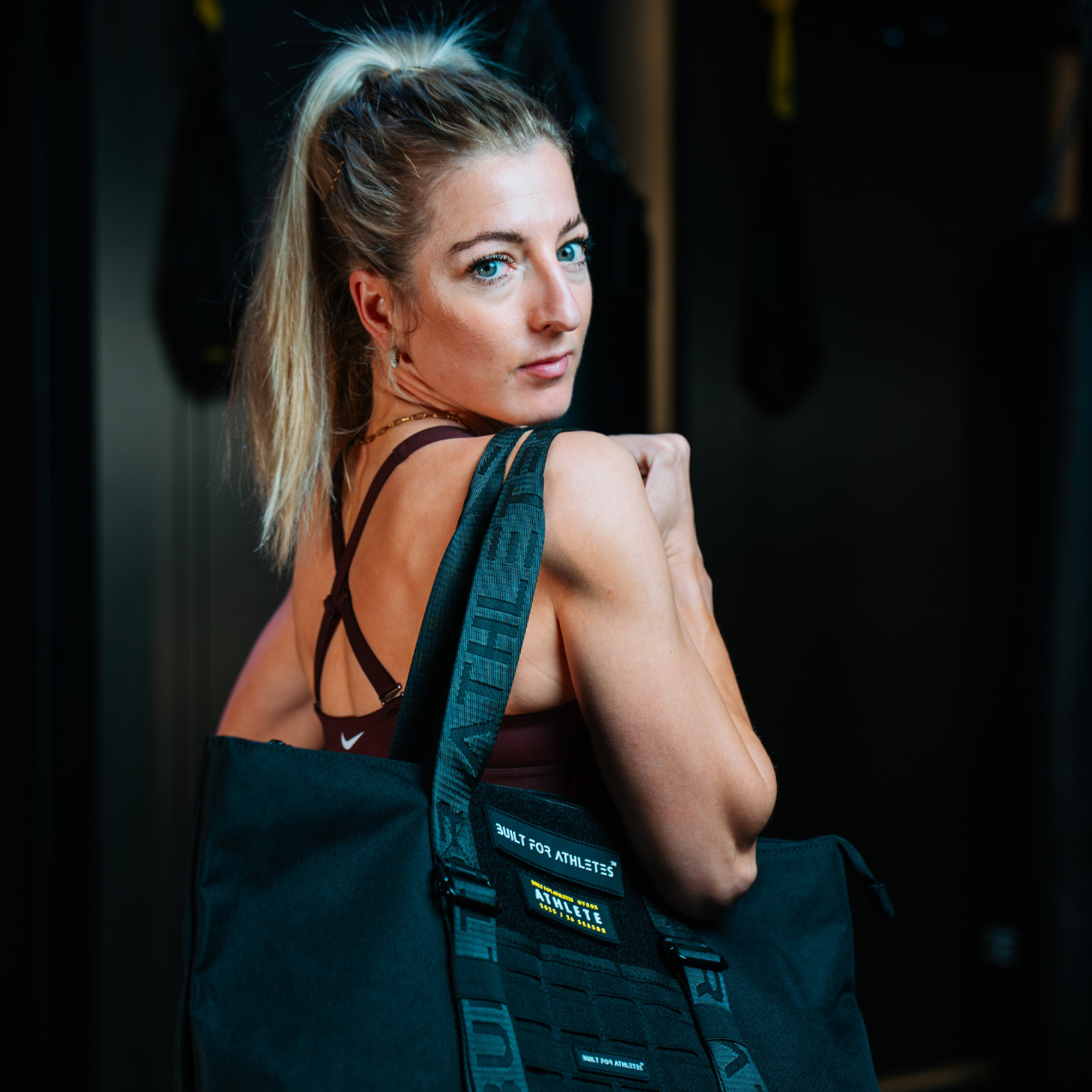
Share:
Exclusive new Collaboration with Borussia Dortmund
4 Things You Can Do To Improve Your Marathon Training